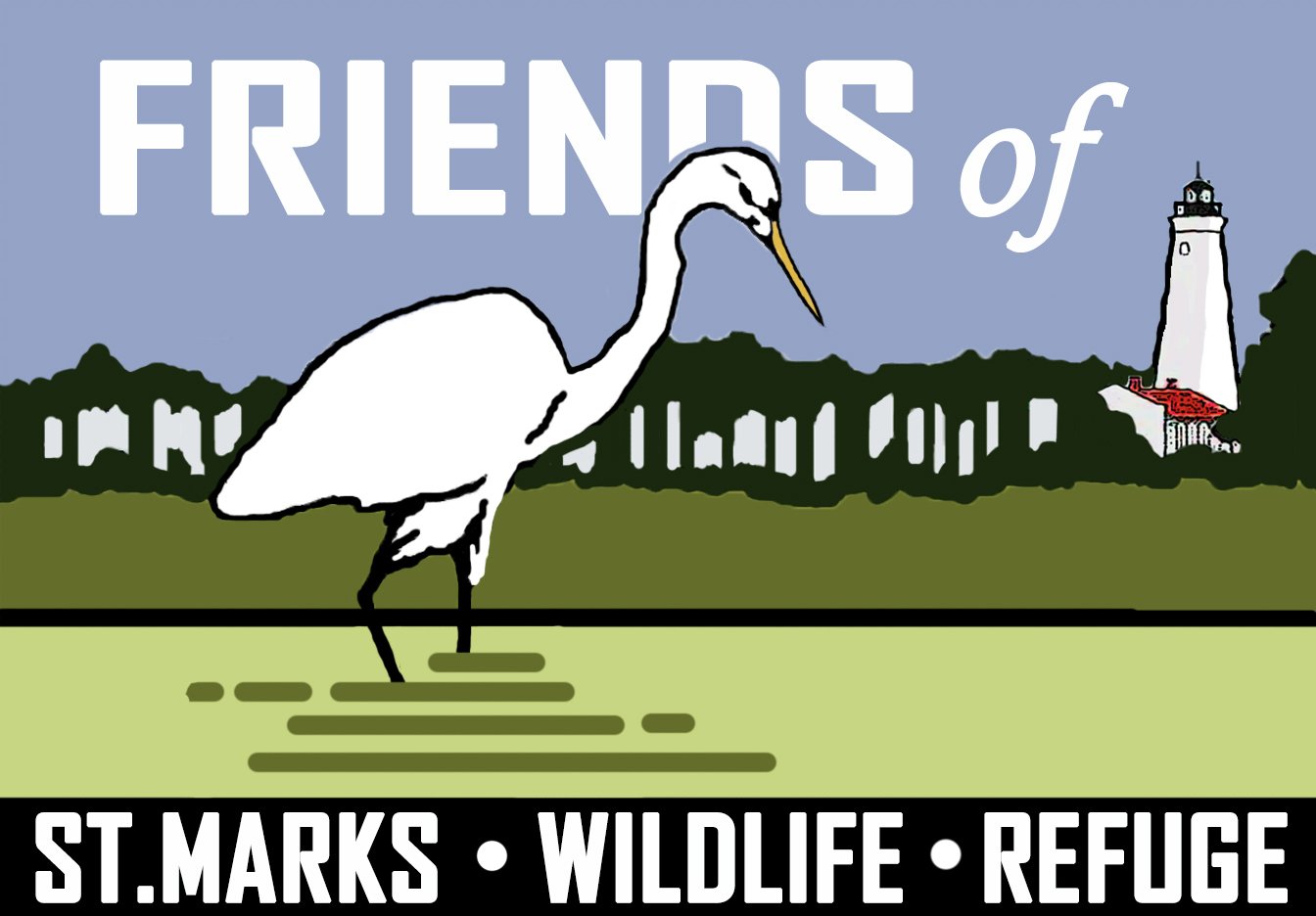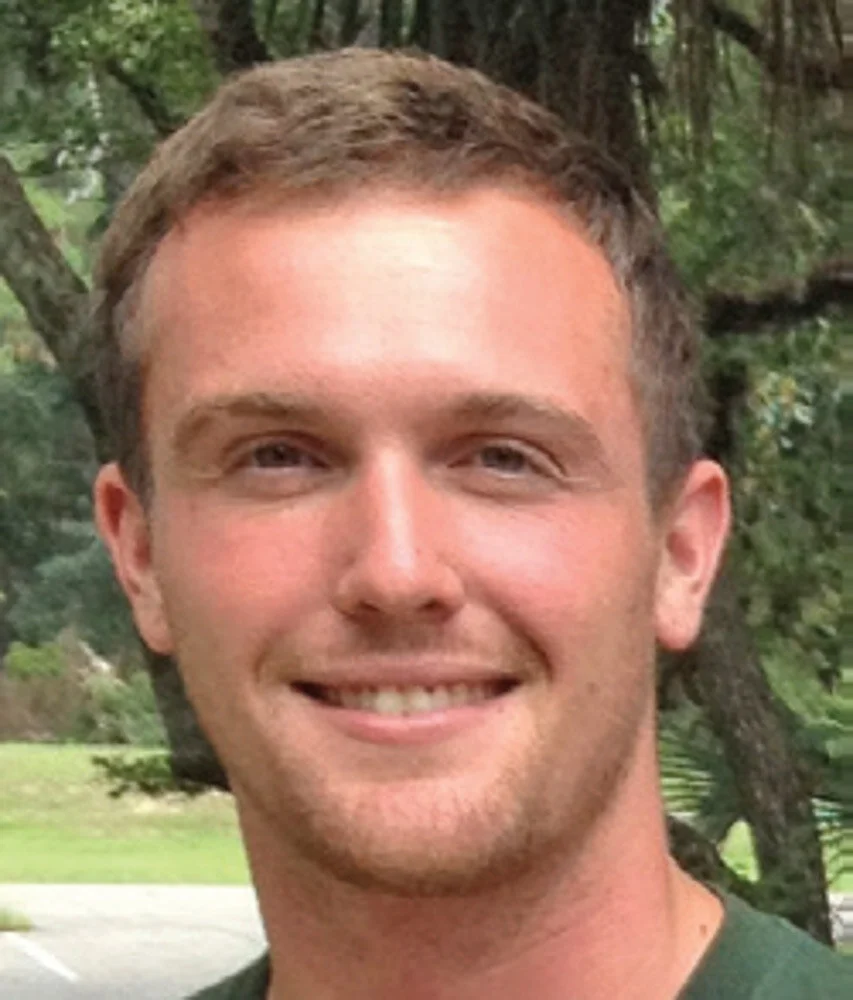Alex Beaver (2015)
Carney Intern
My name is Alex Beaver and I am currently a junior in the Wildlife Ecology and Management program at Auburn University. I was born in Dayton, Ohio and moved to Lake Park, Georgia when I was six years old. Our house in Georgia backed up to a swamp and it was there that my love for wildlife began. I spent any free time I had fishing and chasing snakes, turtles, and lizards through the swamp. If I wasn’t in the swamp I could be found wandering the woods on the lookout for deer and observing birds. Unfortunately, a few years later we had to relocate to the small town of Indian Trail, North Carolina just east of Charlotte. Luckily, I was still fairly close to the woods and I was able to begin hunting deer and waterfowl on a regular basis.
After graduating high school in 2006, I spent two years as a sheet metal fabricator and roofer before enlisting in the United States Marine Corps in 2008. I was assigned to the Artillery Detachment at Fort Sill, Oklahoma for cannoneer training. Due to the high volume of Marines going through the school, the classes were at capacity and we were tasked out to work with various agencies on the base. I was selected to work with Fort Sill Fish and Game. While there I conducted venomous snake removal from public fishing areas, assisted with feral pig management, cleared trails, and also worked in the catfish hatchery stocking ponds and cleaning raceways. My work with FSFG really solidified my plans for after the Marine Corps.
Upon fulfilling my contract with the Marines in 2012, I enrolled in college and transferred to Auburn University last year. Since then, I have been an active member of the student chapter of the Wildlife Society and am currently serving as their Secretary. On weekends and any other break from classes I work with John Draper, a Master’s student under Dr. Todd Steury, conducting black bear research in Little River Canyon Preserve in Fort Payne, Alabama. We use modified culvert traps to catch the bears and then place radio collars on them, remove a tooth for aging, take a hair sample for DNA testing, and place an ear tag on them. Our goal is to not only get an accurate population size estimate, which is currently estimated at around fifteen bears, but to also determine their home range. We are using the DNA samples to assemble a profile to compare with other populations in the region to determine the source for the Little River Canyon population.
Although I am currently working with bears I also have interest in wetland and marine ecology. I am very appreciative of the opportunity to intern at St. Marks and explore this interest. I know that the work I will be doing here will help me to determine a focus for the Master’s degree I plan to pursue after graduating from Auburn. I look forward to the projects I will be working on this summer and also gaining experience in new areas of wildlife ecology and management.

